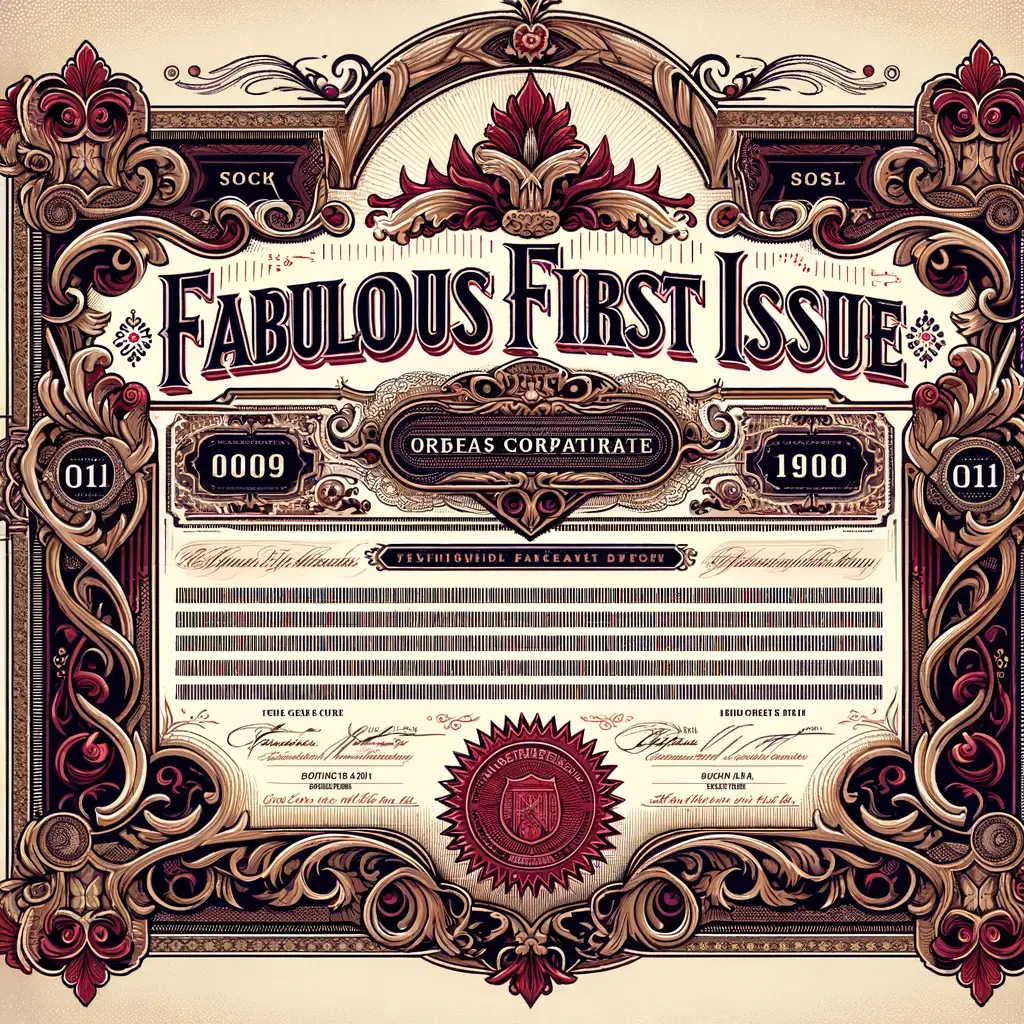The QSBS Series Part I: The Original Issue
Brandon Shelton. May 06, 2024
VC funds, angels, and companies—they have come to the table with several goals in mind, and at the core of those goals is going to be (a) identifying a real-world challenge and implementing a solution, and (b) deriving a profit from the proposed solution. While there are many subgoals in mind, this article is focused on one narrow, but extremely consequential, subgoal: maximizing profit by meeting the prerequisites for “qualified small business stock” (or “QSBS”).
To manage expectations, anyone seeking to determine whether or not shares of stock they are buying, selling, or have bought or sold qualifies as QSBS must confer with their own tax professionals. This article serves one purpose, and one purpose alone: to encourage investors and target companies to reach out to their qualified tax professionals as part of their due diligence process—long before anyone starts closing and wiring funds.
With the above disclaimer in mind, it is good to be aware of the fact that, if handled correctly, tax protections from profit derived from the sale of QSBS can be a huge boon for investors and founders alike. Indeed, it is possible that the realization of profit comes with zero tax! Don't take our word for it, as this is touted as the primary benefit of QSBS treatment by the SBA .
However, only shares of stock of certain types of companies sold under certain circumstances can qualify. Any failure to meet the strict criteria set forth by Section 1202 of the Internal Revenue Code means that the seller is going to pay taxes on their gain from the sale of their stock. This is the first of a series of posts that will discuss some of the main criteria.
The Buyer of Qualifying QSBS Typically Must Have Been the First Buyer
Section 1202(c) specifies that QSBS must be “originally issued” from a qualified small business that is a &singlequote;C&singlequote; corporation in exchange for money or other property (other than other stock) or as compensation for services. A fantastic question one might have is: What does “originally issued” mean?
It is safe to assume that “originally issued from” the target company means that the stockholder simply cannot have purchased it from a third party that received the shares from the company before they did (and then resold it). Put another way, QSBS treatment is (usually) only going to apply to the first (original) buyer. Conversely, the second buyer is most typically not going to be eligible.
The Safe Bet: The Company Should Cancel Repurchased Shares
It is a common practice for companies to buy back some shares, whether based on an automatic repurchase option applicable to service provider vesting schedules, or some other means. In light of this practice, it is a fair question to ask whether or not a share that has been repurchased is still “originally issued” by a company if it had previously been sold to a third party. The answer? Maybe. Maybe not. Maybe that can't even be very easily tracked (or maybe it can).
The safer practice to ensure QSBS treatment is to simply require that the repurchase of any shares of stock that had been previously sold by the company must result in their cancellation, such that they cannot be sold again. In other words, there can never be a subsequent buyer after the company repurchases those shares, because they no longer exist following such repurchase.
Admittedly, this can be very difficult to track, which is why it is important to engage with savvy attorneys who can closely monitor the company's cap table. However, it is perhaps the cleanest way to at least avoid the possible argument that any repurchased shares cannot thereafter be considered “originally issued”.